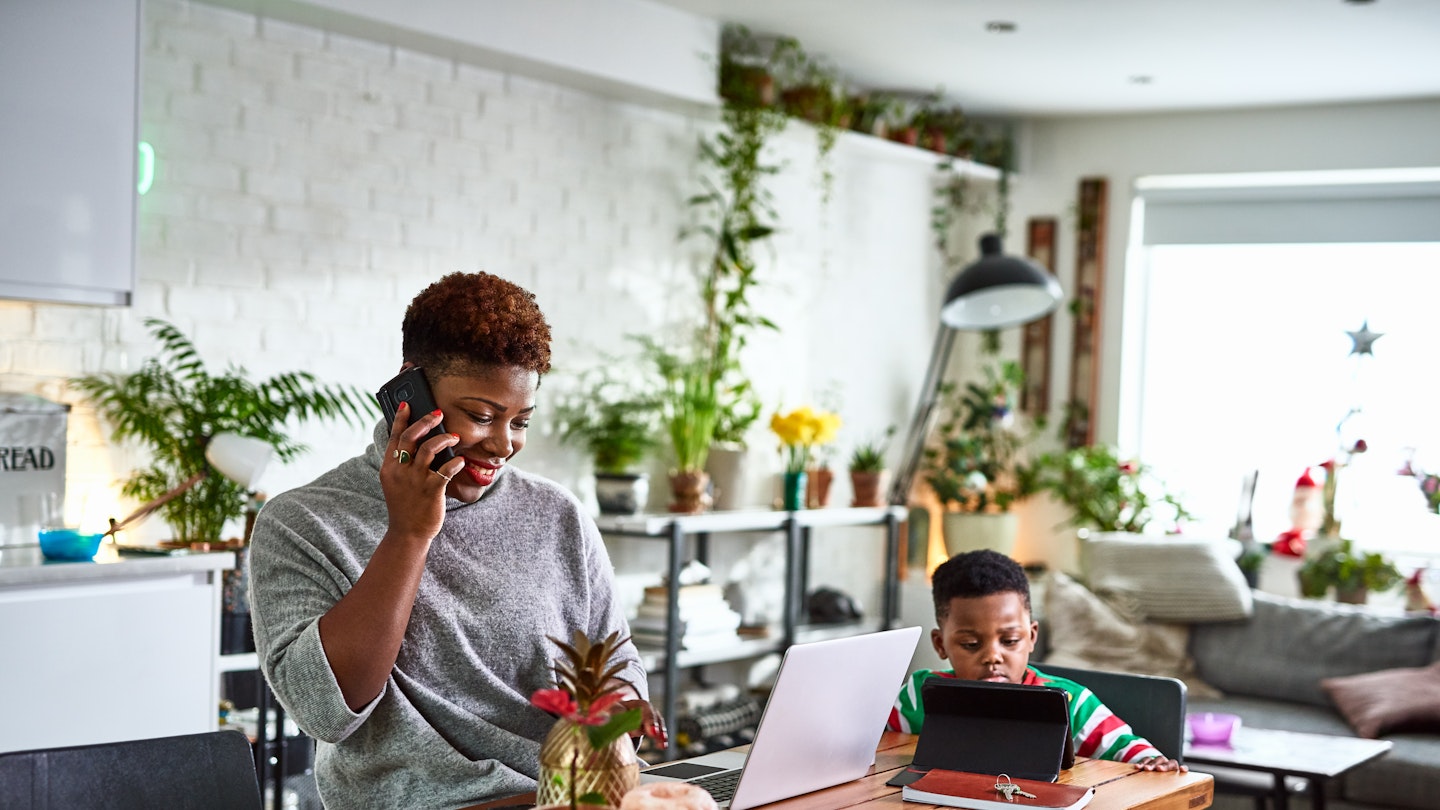I’ve been campaigning for flexible working for over five years with Flex Appeal. I never imagined it would happen overnight and with everyone restricted to life within their four walls. It’s important to stress that enforced remote working isn’t the same as flexible working – the latter has an element of choice. But here we stand (or sit) proving to many resistant companies that working from home can, in fact, work.
According to a recent survey conducted by Grazia (Grazia’s new Life After Lockdown survey, compiled with Instagram as part of our Where’s Your Head At? campaign), more than half (54%) of UK women aged 25-54 are thinking about making a big change in their working life since the start of lockdown, with almost two thirds (63%) reassessing their work/life balance. It took a global pandemic for a quarter of women (28%) to realise that actually they do have the ability to flex their working hours around their lives.
When we are eventually released back into society, many of us will now be challenging what we thought we wanted our day-to-day lives to look like. Post-lockdown, there is a real opportunity for people’s careers and lifestyles to fully open up, as they realise that they have the ability not only to actually work flexibly, but a proven method to make it a permanent reality.
Here are some pointers to make that happen effectively...
Have the business at the centre of negotiations
Going back to ‘normal’ work, it’s important to remember that flexi-working has to be a two-way process. Ultimately it has to be about productivity and focusing on the business benefits. It won’t work going in with a list of demands - always have the business at the centre of negotiations. A happier, healthier workforce is a more productive workforce. Flexibility is good for business.
Don’t give up
If you get an immediate no, don’t give up. Form a flexible working group (ensure it’s for everyone and not solely a women’s network) internally to discuss issues and open the company up to good practice across your industry in a non-confrontational way. The aim is to get them listening, and you now have a powerful ‘tried and tested’ method in your back pocket.
Be practical
Tackle resistance in a practical way. Suggest a trial period of perhaps three months. Bear in mind that your employer has had to deal with a lot recently and they might be feeling nervous for the future of the business. Use case studies within your industry to demonstrate the effectiveness of flexible working, and there are hundreds of them out there now and the website Timewise is a great place to start.
Share the load (if you can)
More than a quarter of women surveyed (27%) found balancing work and childcare challenging during lockdown and I can relate. If you’re lucky enough to have a second parent in the equation – tag team. My husband Matt and I split the day in two – I do the majority of work in the morning whilst he attempts to keep our children entertained, fed and educated, and then we swap. We’ve also found TedEd brilliant. They’re small educational Ted Talks for kids they can watch while you work. Don’t feel guilty about screen time – use it to your (and their) advantage.
Divide your time wisely
One of the big shifts I’ve seen in my working day came when I split it into halves: proactive (working on new projects) first and reactive (answering emails) second. There’s nothing more dispiriting than getting to the end of the day feeling like you’ve been sucked into the inbox of doom and achieved nothing else. Try to divide up your space too, so your ‘work space’ isn’t the same as your ‘living space’. Even if it’s just a corner of the kitchen – make it yours and make it clear.
Go online
Over a third of women (37%) said that social media was the biggest source of inspiration during lockdown, and on in 10 turned to social media for mental health support. There are plenty of positive apps and websites that can help you achieve your flexi-working goals. I’m running employment clinics with LinkedIn to help people navigate the working world going forward, and LinkedIn have an excellent free mentorship program to help people gain the confidence and skills to progress in their industry.
READ MORE: 'When I Suddenly Became The Breadwinner, Everything In The Family Changed'
READ MORE: Revealed: The Mental Health Cost Of Lockdown
